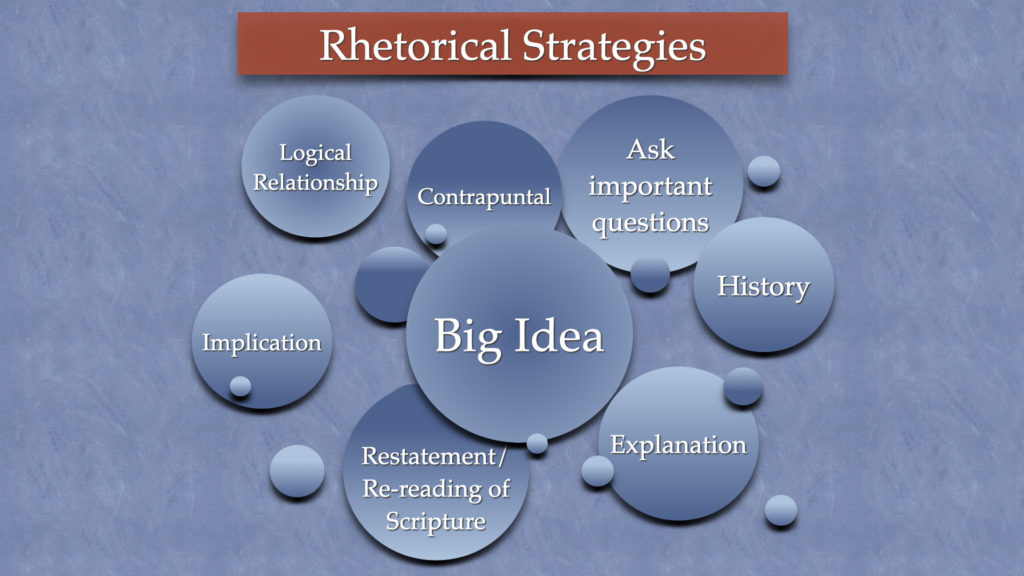
In Kimnach’s volume 10 (The Works of Jonathan Edwards), he includes a Fragment: On Seeking.
Even though we can’t read the usual doctrinal section, we have this fragment of a sermon application that shows Edwards preaching the two-sided benefits of seeking and finding God.
The two sides are: “…if you find God….
- You will find a Savior, and an everlasting sure defense from all evil…which when obtained, will effectually deliver one, and when delivered will eternally preserve and defend one, from all manner of evil.” (p. 382)
Edwards does his best to prove to his listeners that they would certainly seek after something that would do that in the physical realm (such as seeking after a medicine that would protect from a disease–think COVID-19!)
But it’s the second answer that helped me the most in my preaching.
2. “But second, if you find God, beside that you will find all good; you will not only be freed from all evil, but be brought to the possession of all good.” (p. 383)
And this is exactly what every one of our listeners is listening and looking for. And, of course, this is what temptation promises to give: ultimate happiness.
Edwards is a master at convincing his listeners that it is in their best interest to love God supremely. So, he defines God as “an infinite, self-sufficient, all-sufficient, essential, overflowing good: he is the source of all good.” (p. 383)
Thanks to Edwards I’m learning to preach both sides, protection from evil and possession of good.
May our Lord help us preach both sides of the same coin so He receives glory in the church and in Christ Jesus (Ephesians 3:21).
Randal











